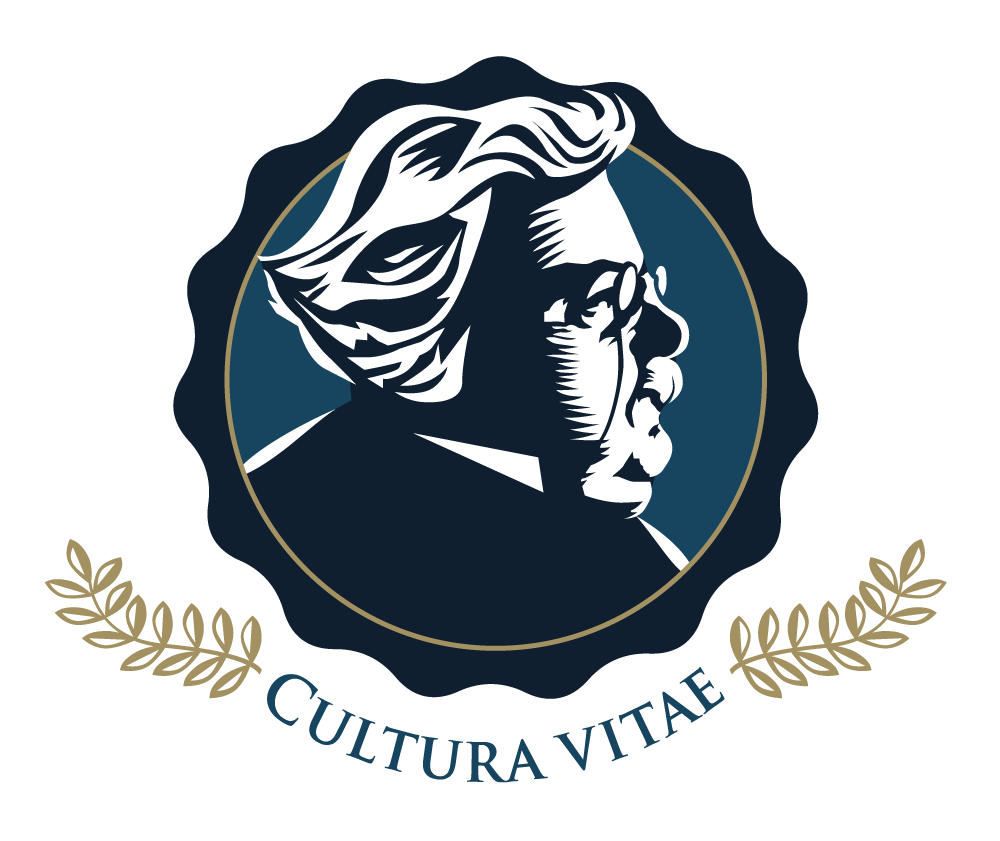Getting to Know the Headmaster - Part 3: Favorite Saint
St. Augustine by Flemish artist Philippe de Chammpaigne
St. Augustine
When I converted to Catholicism, I took “John” as my confirmation name because I was inspired by John’s Gospel and his Logos theology. I was delighted, then, when I discovered that the Chesterton Academy in Charlottesville, Virginia, had chosen St. John the Evangelist as its patron saint. Nevertheless, my favorite saint is St. Augustine not only because he himself was a reluctant convert—"Lord, give me chastity and temperance, but not yet!”—but also because of his love for Plato whose dialogues played a fundamental role in my own conversion. St. Augustine had this to say about the Platonists: "If these men could have had this life over again with us . . . they would have become Christians, with the change of a few words and statements” (On the True Religion 7).
St. Augustine considered Plato the greatest of the pagan philosophers, and he employed Plato’s teachings to explain and defend the Catholic Faith. Two of St. Augustine’s most profound insights were clearly inspired by Plato: that virtue is rightly ordered love; and that beauty is the splendor of Truth. St. Augustine was amazed by Plato’s assertion that the philosopher is the “lover of God,” and he further wondered how Plato was able to grasp the significance of “Being” without knowledge of Scripture:
But what impresses me most, and almost brings me to agree that Plato cannot have been unacquainted with the sacred books, is that when the angel gave Moses the message from God, and Moses asked the name of him who gave the command to go and free the Hebrew people from Egypt, he received this reply, “I am HE WHO IS, and you will say to the sons of Israel, ‘HE WHO IS has sent me to you.’” This implies that in comparison with Him who really is, because He is unchangeable, the things created changeable have no real existence. This truth Plato vigorously maintained and diligently taught. And I do not know whether it can be found anywhere in the works of Plato's predecessors, except in that book which has the statement, “I am HE WHO IS; and you will say to them: ‘HE WHO IS has sent me to you’” (City of God VIII, 11).
For St. Augustine, Christianity is Plato perfected by divine revelation. Even when reflecting on the Holy Trinity, about Whom Plato could have no knowledge, the influence of Plato is clear when St. Augustine writes, “More true than our speech about God is our thinking of Him, and more true than our thinking is His Being” (On the Trinity VII, 4, 7).
St. Augustine, whose books, sermons, and letters are an inexhaustible treasure of Catholic teaching, is best known today because of his Confessions, a paradigm of Christian prayer. As Bishop of Hippo, St. Augustine safeguarded the souls of his flock by combatting the heresies of Manichaeism, Donatism, and Arianism, and for his writings against Pelagianism, which denies the need of grace for salvation, he was given the august appellation, the “Doctor of Grace.” In sum, St. Augustine is a model for the Christian life, but especially for those engaged in classical education. He taught that living a just and holy life requires one to be capable of an objective and impartial evaluation of things: “to love things, that is to say, in the right order, so that you do not love what is not to be loved, or fail to love what is to be loved, or have a greater love for what should be loved less, or an equal love for things that should be loved less or more, or a lesser or greater love for things that should be loved equally" (On Christian Doctrine I, 27-28).
St. Augustine, pray for us!

